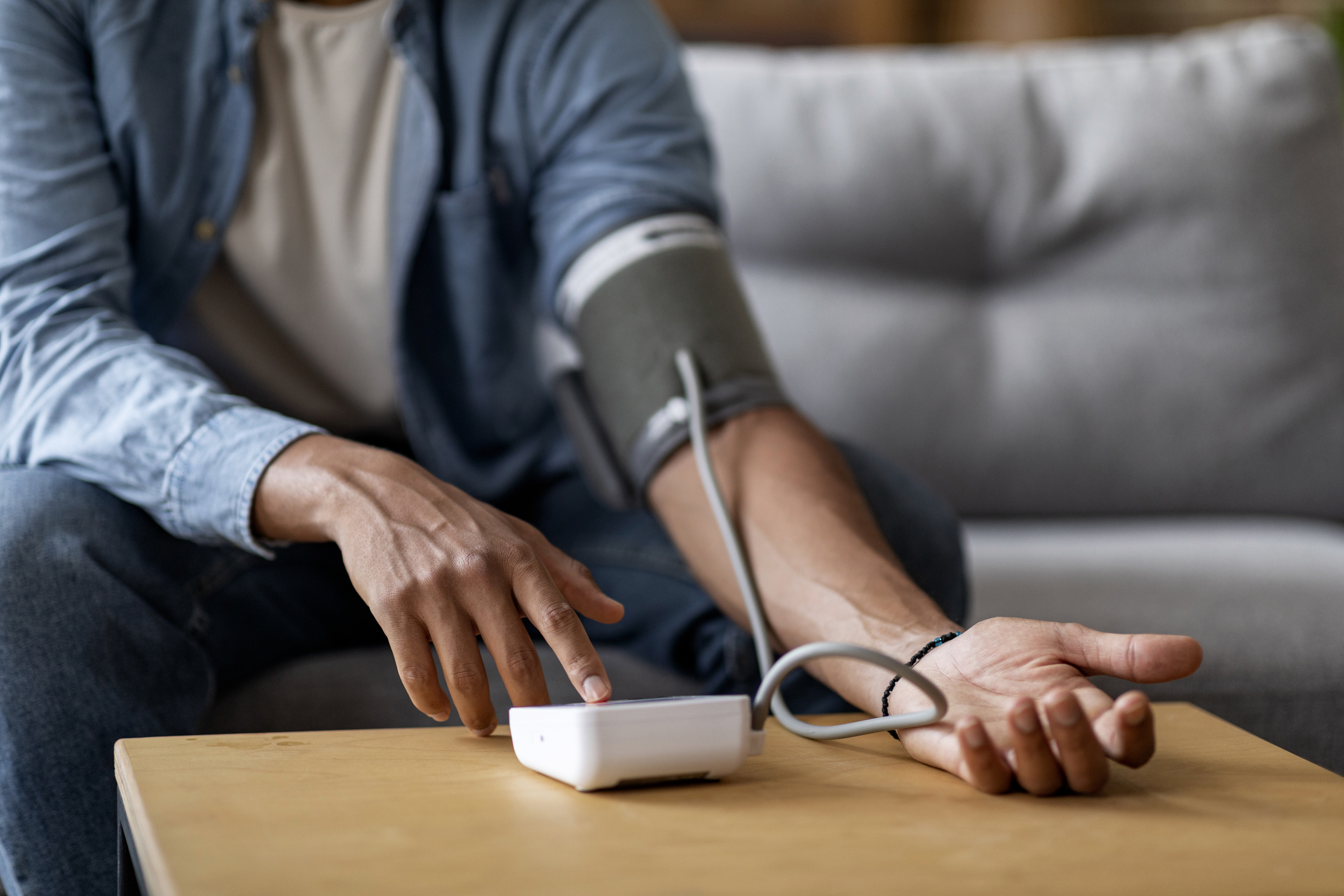2024-09-05
Nocturnal versus morning dosing of antihypertensive drugs for nocturnal hypertension: a systematic review and meta-analysis of 107 randomised controlled trials
Cardiology and Vascular Medicine
Given that the effects of antihypertensive drugs taken once a day are most pronounced in the first few hours after ingestion, their administration in the evening may be a feasible treatment for nocturnal hypertension (HT). However, no relevant meta-analysis has been performed in patients with nocturnal HT.
This meta-analysis included randomised controlled trials involving patients with elevated mean nocturnal blood pressure and compared evening versus morning administration of anti-HT. Several databases were searched. Study selection and data extraction were performed by two independent authors. Risk of bias and overall quality of evidence were assessed using the Cochrane risk of bias tool and GRADE by two independent authors. A total of 107 studies were included, 76 of which were reviewed in China and had not been identified in previous reviews. Only one trial was classified as being at low risk of bias.
Evening administration of anti-HT drugs was effective in reducing nocturnal systolic blood pressure (4.12-9.10 mmHg; I2 = 80.5-95.2%) and diastolic BP (3.38-5.87 mmHg; I2 = 87.4-95.6%). Subgroup analyses revealed that the efficacy of evening administration was influenced by data from the Hermida group and China.
Evening administration did not further reduce nocturnal, daytime or 24-hour BP in nonHermida/non-Chinese studies (I2 = 0) and in meta-analyses including studies with uncertain or low risk of bias.
The efficacy in reducing nocturnal BP was similar across drug types, doses and half-lives.
Evening administration of anti-HT drugs may reduce proteinuria, left ventricular hypertrophy (LVH) and morning peak. The overall quality of the evidence was rated as very low to low.
These results highlight the paucity of studies with low risk of bias and underscore the need for such trials to evaluate the efficacy of evening administration of anti-HT drugs as standard treatment for patients with nocturnal HT in diverse populations.
Source(s) :
Lee, EK ; Wang S ; Ng WL ; Ramdzan SN ; Tse E ; Chan L ; Rashid AA ; Chin WY ; Yu CP ;



